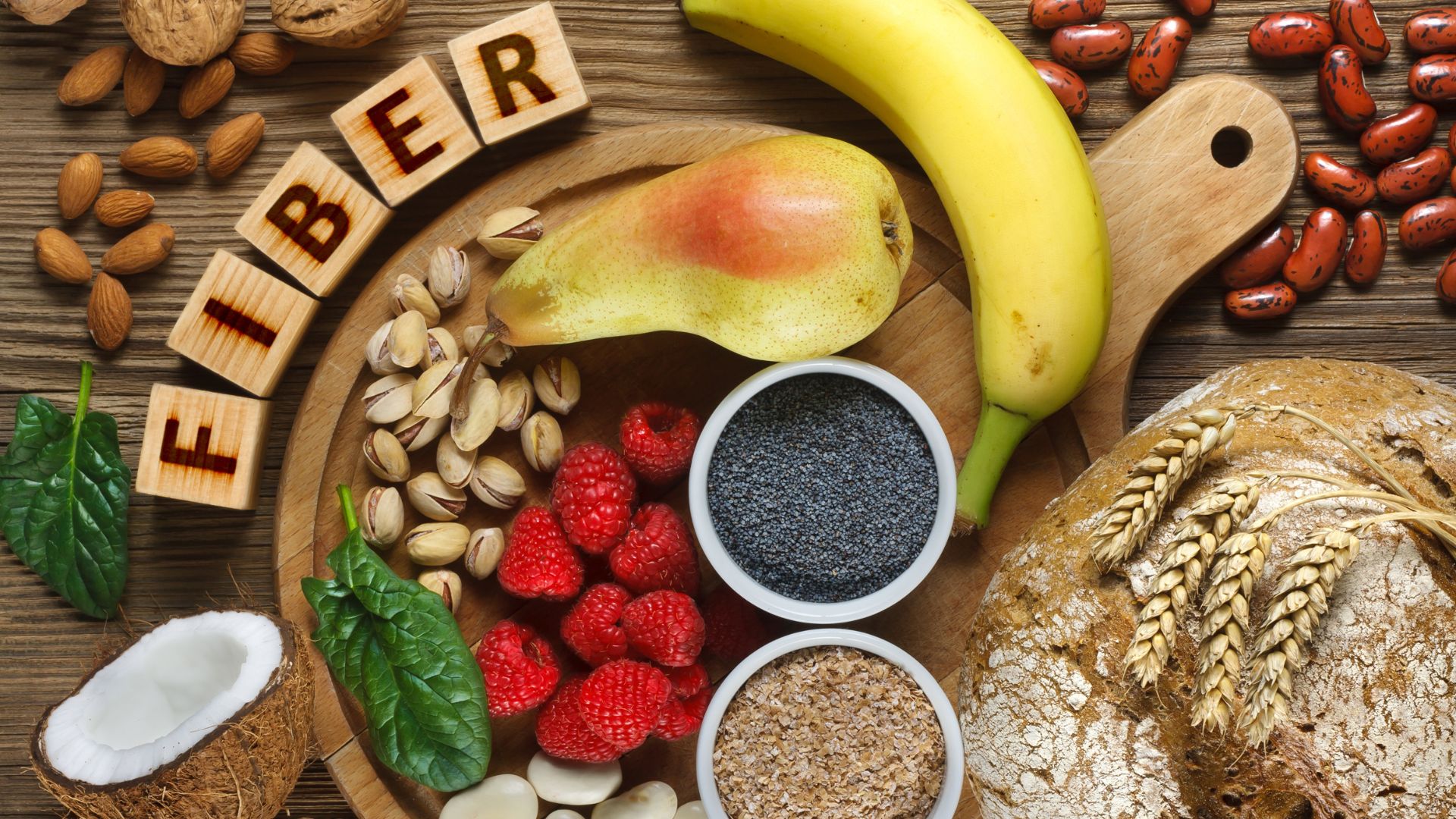In the quest for better health and improved digestion, high-fiber foods stand as nutritional powerhouses that offer a myriad of benefits. Fiber is a crucial component of a balanced diet, known for promoting digestive health, aiding in weight management, and reducing the risk of chronic diseases such as diabetes and heart disease. Let’s explore a comprehensive list of high-fiber foods that can easily be incorporated into your daily meals.
What is Fiber?
Fiber, also known as roughage or bulk, refers to the indigestible part of plant foods that passes relatively unchanged through your digestive system. It comes in two main forms:
- Soluble Fiber: Can help lower blood glucose and cholesterol levels because it dissolves in water to produce a gel-like material. Found in oats, beans, apples, and citrus fruits.
- Insoluble Fiber: Does not dissolve in water and adds bulk to your stool, helping to prevent constipation and promote regularity. Found in whole grains, nuts, and vegetables.
Benefits of High-Fiber Foods
- Digestive Health: Fiber promotes regular bowel movements and prevents constipation by adding bulk and softening stool.
- Weight Management: Since high-fiber foods are typically more satisfying, they can aid with appetite regulation and calorie restriction.
- Heart Health: Soluble fiber helps lower cholesterol levels, thereby reducing the risk of heart disease.
- Blood Sugar Control: Fiber slows the absorption of sugar, which can help improve blood sugar levels and reduce the risk of type 2 diabetes.
List of High-Fiber Foods
Fruits:
- Raspberries: High in fiber and antioxidants, one cup provides about 8 grams of fiber.
- Apples: With the skin on, apples are a good source of both soluble and insoluble fiber.
- Pears: Contain pectin, a type of soluble fiber known for its beneficial effects on digestion.
- Bananas: Especially when slightly underripe, they are a good source of resistant starch, a type of fiber that supports gut health.
Vegetables:
- Broccoli: High in fiber, vitamins, and minerals, broccoli is a versatile and nutritious vegetable.
- Brussels Sprouts: Rich in fiber and antioxidants, they support digestive health and may reduce inflammation.
- Carrots: Along with fiber, carrots are packed with beta-carotene, which is good for eye health.
Legumes and Beans:
- Lentils: Both soluble and insoluble fiber, lentils are a great plant-based protein source.
- Black Beans: Excellent source of fiber, protein, and various vitamins and minerals.
- Chickpeas: Versatile legume high in fiber, particularly soluble fiber, which supports digestive health.
Whole Grains:
- Oats: Being high in soluble fiber, have the potential to reduce cholesterol and enhance heart health.
- Quinoa: High in protein and fiber, quinoa is a complete protein source and provides both soluble and insoluble fiber.
- Brown Rice: Contains more fiber than white rice, helping to support digestive health.
Nuts and Seeds:
- Chia Seeds: Rich in soluble fiber and omega-3 fatty acids, chia seeds expand in liquid, aiding digestion.
- Almonds: High in fiber, healthy fats, and vitamin E, almonds are a nutritious snack option.
- Flaxseeds: Contain both soluble and insoluble fiber, along with omega-3 fatty acids for heart health.
Other High-Fiber Foods:
- Popcorn: A whole grain snack high in fiber, choose air-popped varieties without added butter or salt.
- Sweet Potatoes: Along with fiber, sweet potatoes provide beta-carotene, vitamin C, and potassium.
Tips for Incorporating High-Fiber Foods:
- Gradual Increase: Increase fiber intake gradually to allow your digestive system to adjust.
- Hydration: Drink plenty of water throughout the day to help fiber move through your digestive tract.
- Variety: Include a variety of high-fiber foods in your diet to ensure you get a range of nutrients and benefits.
Conclusion
High-fiber foods are essential for overall health and well-being, offering benefits that extend beyond digestive health to include heart health, weight management, and blood sugar control. By incorporating a variety of fruits, vegetables, legumes, whole grains, nuts, and seeds into your meals, you can easily meet your daily fiber needs while enjoying delicious and nutritious foods. Embrace the power of fiber-rich foods to support a healthy lifestyle and enhance your overall quality of life.

